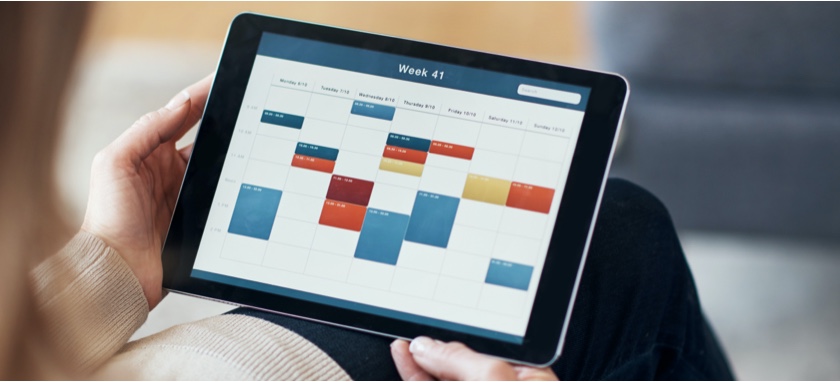Scheduling and Appointments
Please wear comfortable clothing without metal as this may help expedite your exam and help reduce time from needing to change into a gown.
We will make sure you are as comfortable as possible for your exam. In most situations, we may provide you with a leg cushion that provides back support and a warm blanket. The scanner also has proper ventilation and lighting that may help you feel more comfortable.
What is a CT scan?
A CT scan (also called CAT scan), stands for Computerized Tomography. CT scans use X-rays to make detailed pictures of the internal structures of your body in cross section like slices of the inside of your body. During the test, you will lie on the table that is attached to the scanner, which is a large doughnut-shaped machine. The CT scanner sends X-rays through the body area being studied.
How long will my CT exam take?
Depending on the type of exam you will receive, the length of the actual procedure will typically be between 10 to 30 minutes . Exam time may vary depending on the nature of your study.
Can I move while I am in the CT Scanner?
You should not move when you are on the CT table and the images are being acquired. This eliminates blurring in the image caused by breathing or other patient motion
What happens after my CT Scan and when will I know my results?
The Radiologist will study your images and dictate the findings. Once the images have been read, your physician will receive the report to review with you. Quite often the results will be available after they are read under your MyUCDavisHealth.
Logging into MyUCDavisHealth or contacting your primary care physician will be the best way to look up your results.
What is contrast media?
This substance is given to highlight various body parts of your body. It is usually given by mouth and/or Intravenous injection. It is normal to feel a warm sensation as the dye makes its way through your system.
Are there any side effects or risks?
Benefits of an accurate diagnosis far outweigh the risk. While CT does expose you to some radiation, it is equivalent to the amount of natural radiation we receive annually. For more information please visit "Risk & Safety" page
What is the test going to show?
A CT scan uses specialized X-rays to visualize and evaluate bones, internal organs and vascular structures. The scan can show cross-sectional images of a specific area of the body.
Why do I need to drink contrast?
The oral contrast fills the colon and small bowel for better visualization on the images. Patients usually need to drink at least 1 liter or 1000cc to sufficiently fill the stomach and intestines with oral contrast. There are different types of substances used for oral CT contrast. They could be, barium sulfate, Gastrografin, and Omnipaque 300, mixed with 1000cc of water or water alone.
Why do I need the IV contrast?
The IV contrast (iodine or contrast “dye”) enhances all of the vascular structures on the images, this helps your Doctor see the organs, blood vessels and bones inside your body . The multiple images provided give your doctor many different views of your body. It will also help them see any potential pathology or abnormality.
Could I have a reaction to the IV contrast?
Yes, but the chances are minimal. It has the same risk for reaction as any medication does, which is why we use contrast screening forms to check for possible patients who are at risk of having reaction to the contrast. Although rare, the contrast medium involved in CT scan poses a slight risk of allergic reaction. Most reactions are mild and results in hives itching and rashes. In some rare instances, an allergic reaction can be serious and potentially life-threatening, including swelling in your throat ,mouth or shortness of breath. If you experience this, tell your technologist immediately.

